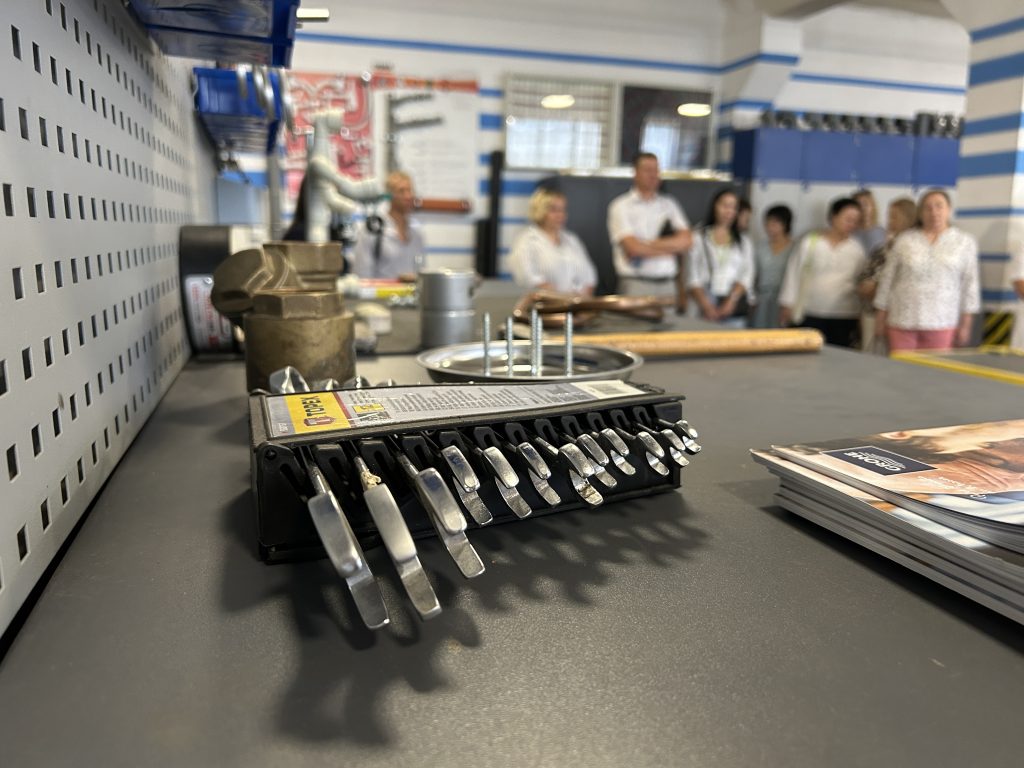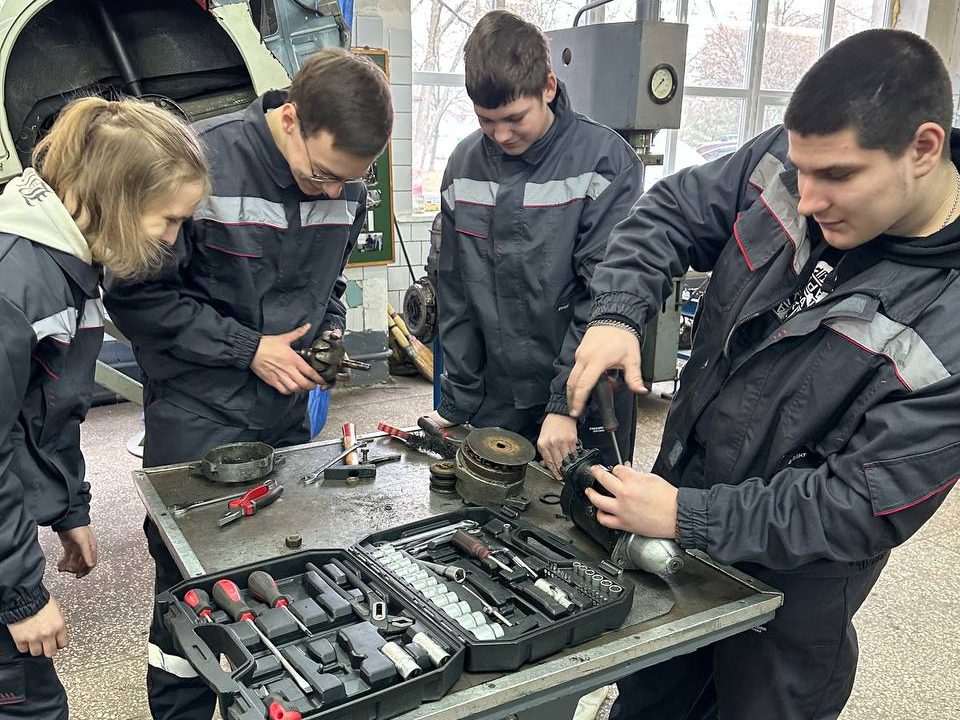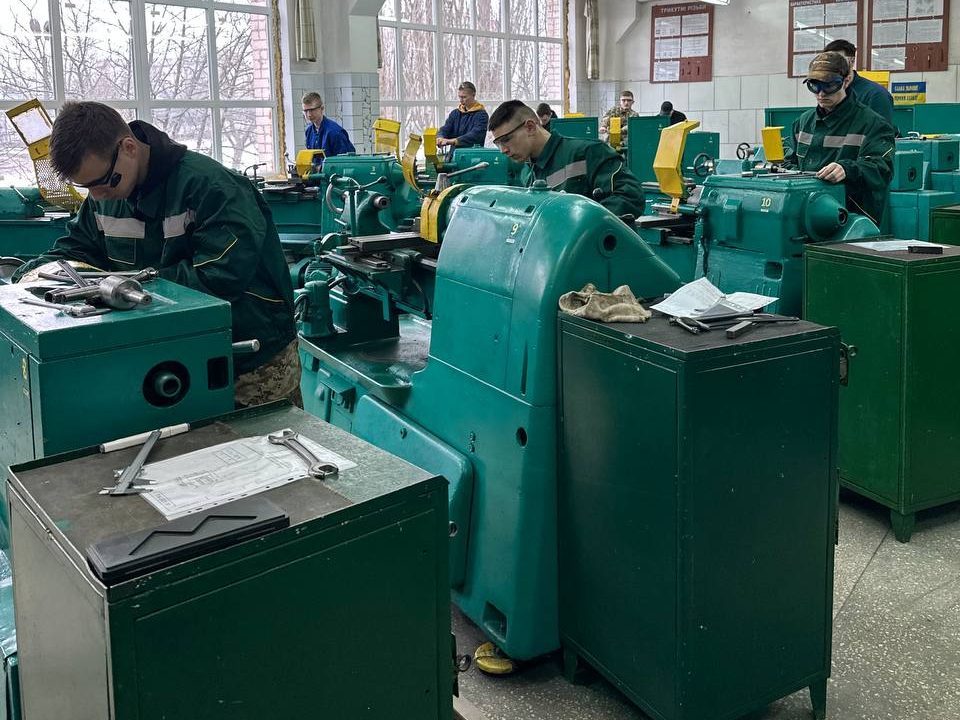FCA strengthens Technical and Vocational Education and Training (TVET) in Ukraine amidst conflict

In response to the severe disruption caused by the ongoing conflict in Ukraine, FCA is leading a project to rehabilitate and modernise Technical and Vocational Education and Training (TVET) centres across the country.
With a budget of USD 2.4 million, this initiative, supported by Education Cannot Wait, aims to enhance vocational education and improve employment prospects for young people and internally displaced persons.
THE TVET PROJECT focuses on key areas such as infrastructure rehabilitation, teacher training, and the provision of mental health and psychosocial support. Activities are concentrated in the Dnipro, Kharkiv, and Poltava regions.
Rebuilding for the Future
The conflict has severely damaged Ukraine’s educational infrastructure, particularly TVET centres that are essential for providing vocational skills. FCA’s project is designed to tackle these challenges by:
- Renovating TVET centres to make them more functional and appealing to students.
- Equipping these centres with essential tools and simulation equipment for various trades.
- Upgrading shelters within TVET centres to ensure the safety of students and staff.

“Most vocational schools in Ukraine have been destroyed or damaged by the fighting, especially in Eastern and Northern Ukraine. Therefore, the need for their rehabilitation is very high. In consultation with donors and the Ministry of Education and Science of Ukraine, we have identified locations where we need to work on restoring the capacity of educational institutions,”
– Alexander Savka, Project Manager at FCA Ukraine.
Psychosocial support and labour market connections
In addition to physical upgrades, FCA is investing in the people who make TVET centres thrive. The project will provide training for teachers on curriculum development and the latest pedagogical techniques, with Finnish experts delivering modules both online and in person. The initiative also includes short-term psychosocial support programmes for both teachers and students, helping them cope with the stress and trauma caused by the ongoing conflict.
Recognising the importance of employability, the project seeks to build strong connections between TVET centres and the local labour market. Events will be organised to link students with potential employers, ensuring they are better prepared for future job opportunities or entrepreneurship.

“We understand that vocational schools are a key part of training personnel for the reconstruction of Ukraine. Therefore, support for vocational schools is essential for the development of the country’s potential, enabling a quicker response to the challenges facing society,”
– Alexander Savka.
A more resilient TVET sector
FCA’s project will directly benefit at least 900 students through infrastructure improvements and 1,200 individuals through soft components such as teacher training and mental health support. By creating a more resilient and capable TVET system, FCA aims to contribute not only to the immediate educational needs but also to the long-term recovery and development of Ukraine.
This initiative aligns with ongoing national reforms in the TVET sector and is implemented in close collaboration with the Ministry of Education and Science of Ukraine.
Text and photos: Veronika Korobko
—
Education Cannot Wait (ECW) is the United Nations global fund for education in emergencies and protracted crises. We support and protect holistic learning outcomes for refugee, internally displaced, and other crisis-affected girls and boys, ensuring no one is left behind. ECW is administered under UNICEF’s financial, human resources, and administrative rules and regulations; operations are governed by the Fund’s independent governance structure.